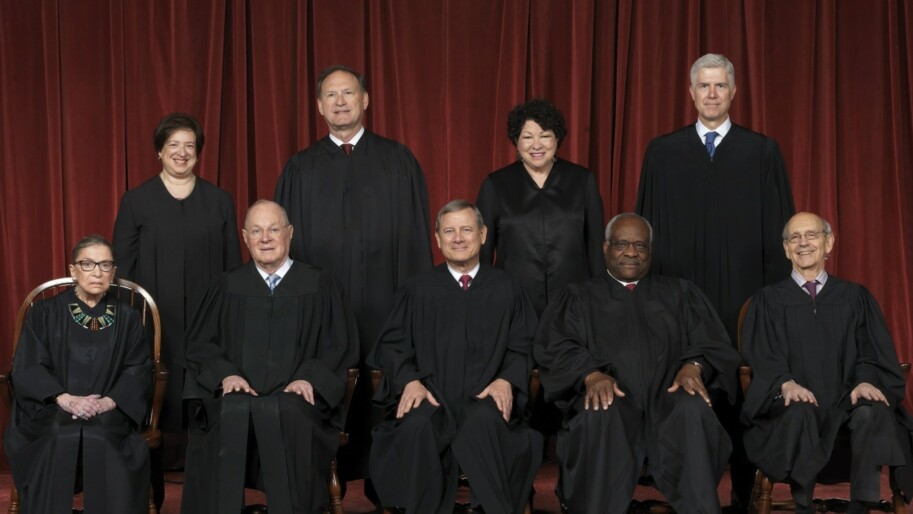by John Schwartz, The New York Times
Highlights
- A new ruling in the Supreme Court on a major piece of LGBTQ+ civil rights legislation may pave the way for environmentalists to use the Clean Air Act as a means to regulate greenhouse gas (GHG) emissions
- Supreme Court case, Bostock v. Clayton County, Georgia, resulted in protections for gay and transgender people from discrimination at work
- Justice Neil M. Gorsuch ruled that gay and transgender people were included in the definition of “sex” within Title VII of the Civil Rights Act of 1964, which bars workplace discrimination because of sex and other factors
- Ann E. Carlson, climate change law expert at UCLA, says that this new ruling may be cited in order to help persuade the court that GHG regulation is within the text of the Clean Air Act
- According to a few Supreme Court justices, the Environmental Protection Agency lacks the power to regulate GHG’s because the Clean Air Act doesn’t specifically address climate change
Endorsing The Climate Center’s Climate-Safe California platform will help ensure that state policy timelines are accelerated while securing an equitable and just transition to a clean energy future.

Nina Turner
Energy Programs and Communications CoordinatorJanina is a graduate of the Energy Management and Design program at Sonoma State University with experience in non-profits that specialize in sustainability and volunteerism.

